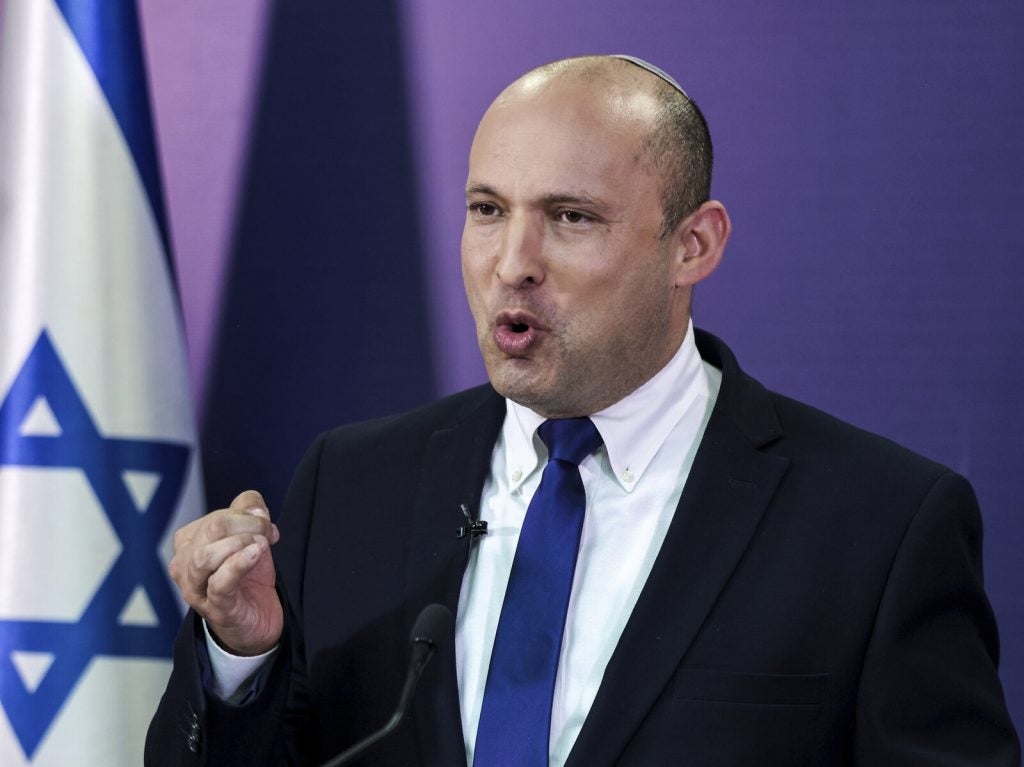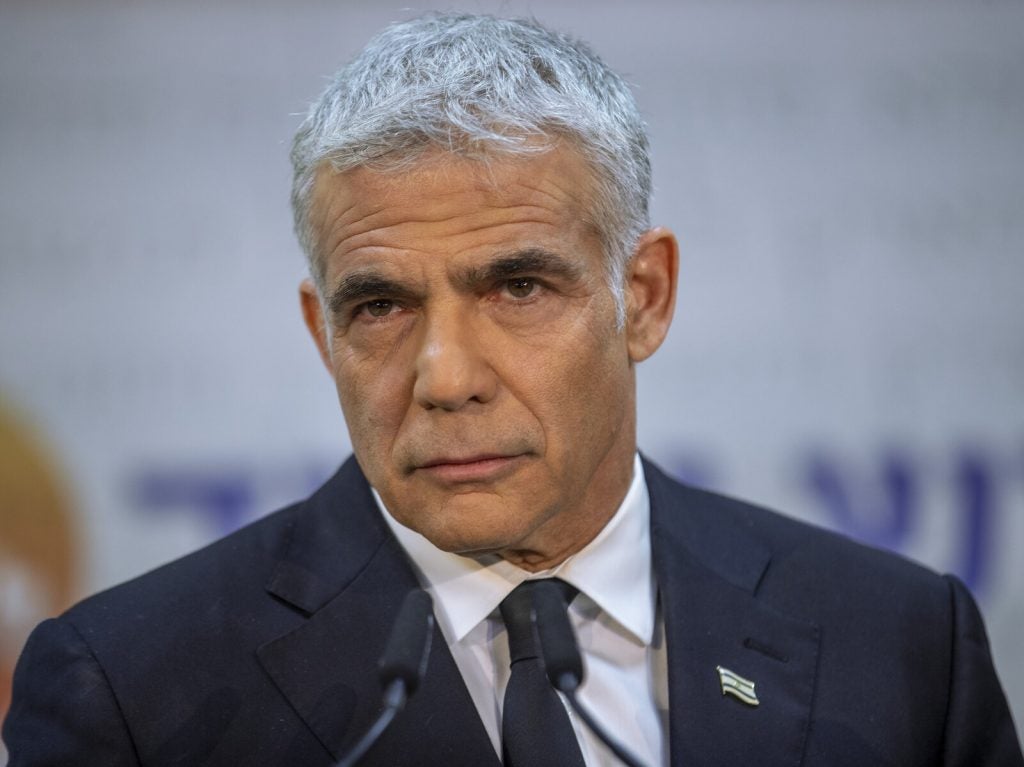Netanyahu is out: Naftali Bennett will be installed as Israel’s new prime minister

Benjamin Netanyahu is Israel's longest-serving prime minister. He served 12 consecutive years before being ousted by the opposition coalition. (Ariel Schalit/AP)
For the first time in more than a decade, Israel is poised to welcome a new prime minister. Naftali Bennett was on the verge of being sworn in on Sunday after a new coalition unseated longtime Israeli leader Benjamin Netanyahu.
The newly elected prime minister was appointed by the Knesset, Israel’s parliament, in a 60-59 vote, with one minister abstaining.
The ejection of Israel’s longest-serving prime minister was made possible by a band of unlikely allies from across the political spectrum, brought together by the shared belief that Netanyahu had to go. The new coalition government is made up of eight parties, all of whom have agreed to hold off on major decisions surrounding controversial issues, like the future of the occupied West Bank.
Netanyahu, 71, was first elected prime minister in the late 1990s and then again in 2009. Over the last 12 years, he has used his time in office to allow the growth of Israeli settlements in the occupied West Bank, frustrated Palestinian aspirations for statehood and aligned Israel with right-wing leaders internationally.

Among his loyal supporters — he’s seen as a strong defender of Israel who made the country an economic success and oversaw an effective battle against the coronavirus. But the former prime minister also faces corruption charges including bribery, fraud and breach of trust — allegations Netanyahu denies. A trial is already underway.
Over the last two years, Netanyahu’s support waned and he struggled to stay in power by prompting repeated elections, leading to inconclusive votes.
But earlier this month, Netanyahu’s opposition came to a complicated agreement to form a majority. Yair Lapid, former finance minister and head of the centrist Yesh Atid party, led the charge against Netanyahu and joined with the right-wing Bennett.

The right-wing Bennet is Netanyahu’s former chief of staff. Under the coalition agreement, he will serve for two years before passing the torch to Lapid for the latter half of the four-year-term. Despite Lapid’s party holding more than double the seats in the Knesset, he agreed to let Bennett take the first term to maintain political solidarity. Together they helped bring together a diverse government body, including a party representing Arab citizens for the first time in the nation’s history.
Netanyahu took to Twitter in the days leading up to Sunday’s vote in hopes of eroding trust in his opposition. “Bennett has broken all his commitments to his constituents to become prime minister at all costs,” he Tweeted Thursday. “This is the scam of the century!”
When PM Netanyahu speaks about “election fraud” he isn’t referring to the vote counting process in Israel in which he has complete confidence. There is also no question about the peaceful transition of power.
— הליכוד (@Likud_Party) June 10, 2021
With some of the former prime minister’s words echoing that of former President Donald Trump—a close ally of Netanyahu’s while in office—the Likud party also took to social media and tried to pressure members of the new coalition. But, the coalition held its small majority.
Israel also elected a new president last week, Isaac Herzog, following in his late father’s footsteps. He is the first son of an Israeli president to be elected president. But the presidential role is primarily ceremonial and formal in nature. He is still the head of state, however, the prime minister is the head of the executive branch.
9(MDAzMzI1ODY3MDEyMzkzOTE3NjIxNDg3MQ001))




